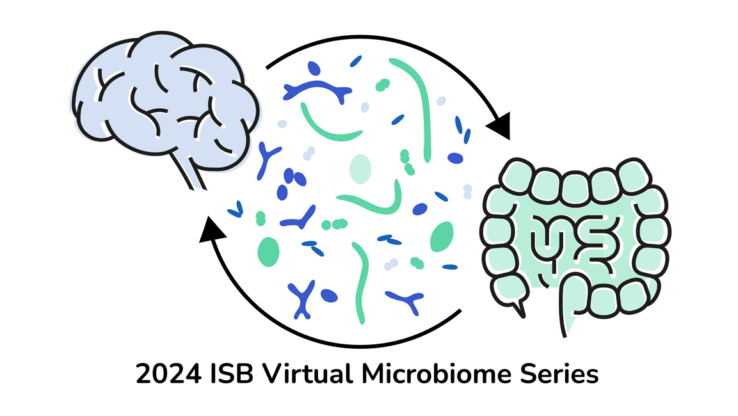Dr. Annie Levine joins the lab
 gibbons.isbscience.org/news/2022/01/27/dr-annie-levine-joins-the-lab/
gibbons.isbscience.org/news/2022/01/27/dr-annie-levine-joins-the-lab/
 gibbons.isbscience.org/news/2022/01/27/dr-annie-levine-joins-the-lab/
gibbons.isbscience.org/news/2022/01/27/dr-annie-levine-joins-the-lab/

Our multi-day microbiome-themed virtual course and symposium is back for the fifth year! ISB is hosting a two-day course on October 16 & 17, 2024, followed by a symposium on October 18, 2024 titled, “A gut feeling: Microbes and their impacts on our minds.” Both events are virtual and free.

Everybody poops, but not every day. An ISB-led research team examined the clinical, lifestyle, and multi-omic data of more than 1,400 healthy adults. How often people poop, they found, can have a large influence on one’s physiology and health.
Netflix’s “Hack Your Health: The Secrets of Your Gut” is a documentary that merged gut microbiome experts, four individuals – including a well-known hot dog eating champion – facing personal battles with gastrointestinal health, and a unique, effective visual method of “showing” the gut microbiome in action.